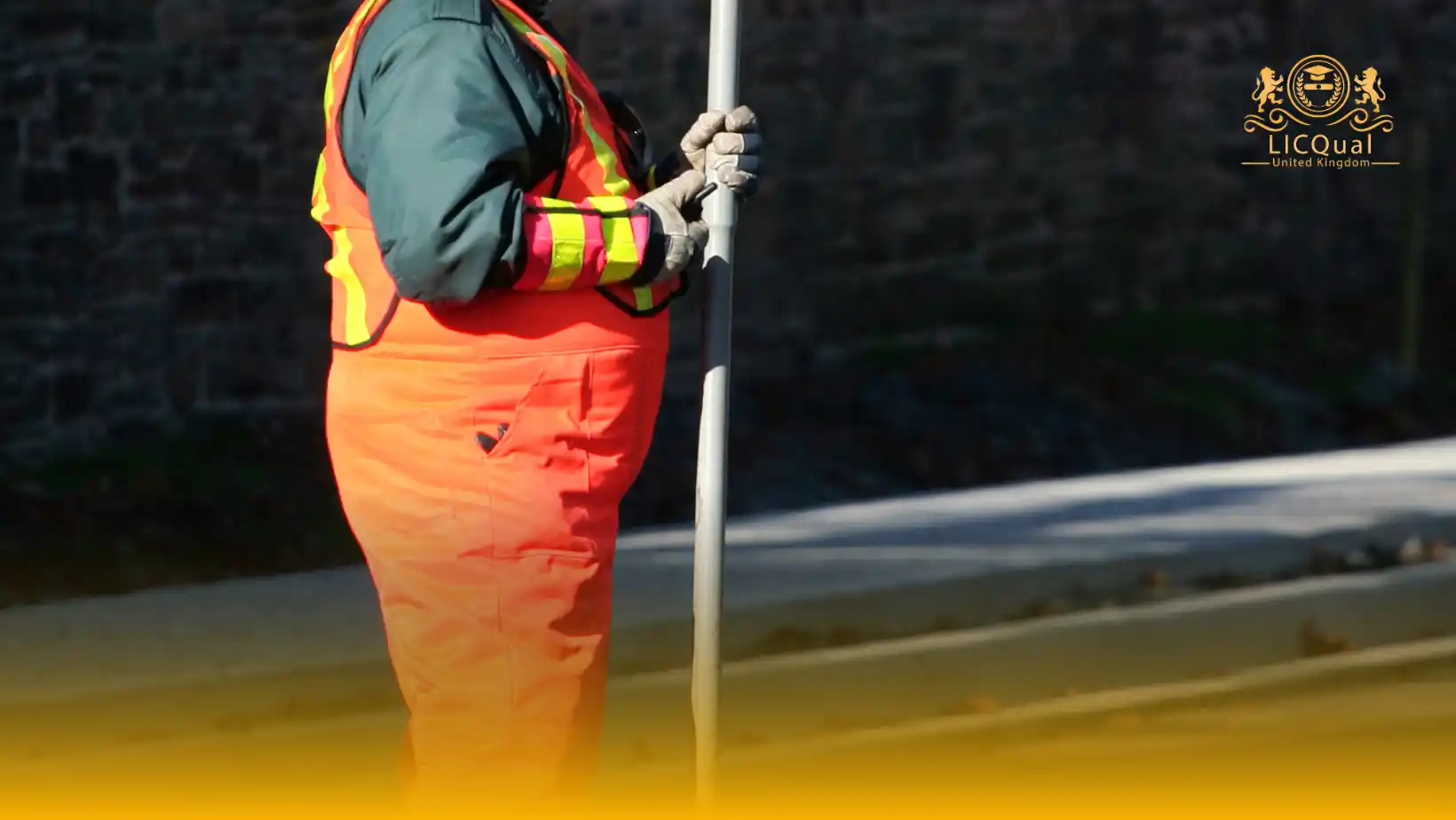Welcome to the LICQual Level 2 Diploma in Signalman, an advanced qualification designed to enhance your knowledge and skills in the vital field of railway signaling. This course is ideal for those who already possess foundational knowledge in signaling and are eager to further develop their expertise to take on more complex signaling tasks within the railway industry. Whether you are looking to progress in your current signaling career or transition into more advanced signaling roles, the LICQual Level 2 Diploma in Signalman provides the comprehensive training needed to succeed.
The course offers a combination of theoretical learning and practical experience, ensuring you gain the skills necessary to manage signaling operations safely and efficiently. By the end of the program, you will be equipped with the expertise to handle more advanced signaling systems, control traffic flows, and adhere to the latest industry safety standards.
The LICQual Level 2 Diploma in Signalman is a highly structured and detailed program designed to build upon the skills learned in the Level 1 qualification. This course covers a range of advanced topics, including the operation and maintenance of signaling equipment, complex traffic control, advanced communication techniques, and in-depth health and safety regulations.
Throughout the course, you will explore in greater detail the intricacies of signaling systems, with hands-on training in operating advanced signaling equipment and managing more complex operational scenarios. You will learn to efficiently manage train movements, communicate clearly with railway staff, and respond effectively in emergency situations.
Upon successful completion of the LICQual Level 2 Diploma in Signalman, you will be fully prepared to handle more complex signaling operations, advancing your career in the railway industry with increased responsibilities and enhanced employability.
Course Overview
Qualification Title
LICQual Level 2 Diploma in Signalman
Total Units
6
Total Credits
36
GLH
120
Qualification #
LICQ2200234
Qualification Specification
To enroll in the LICQual Level 2 Diploma in Signalman, applicants must meet the following criteria:
|
Qualification# |
Unit Title |
Credits |
GLH |
|---|---|---|---|
|
LICQ2200234-1 |
Signalman Roles and Responsibilities in Detail |
6 |
20 |
|
LICQ2200234-2 |
Advanced Communication Techniques for Signalmen |
6 |
20 |
|
LICQ2200234-3 |
Safety Regulations and Protocols for Signalmen |
6 |
20 |
|
LICQ2200234-4 |
Handling Complex Signaling Operations |
6 |
20 |
|
LICQ2200234-5 |
Traffic Control Methods and Techniques |
6 |
20 |
|
LICQ2200234-6 |
Inspection and Maintenance of Signaling Equipment |
6 |
20 |
By the end of this course, learners will be able to:
Signalman Roles and Responsibilities in Detail:
- Demonstrate a thorough understanding of the comprehensive roles and responsibilities of a Signalman in more complex railway operations.
- Identify and apply the key tasks associated with overseeing train movements, ensuring safety, and coordinating with other railway staff.
- Analyze the responsibilities of a Signalman within a broader operational framework, ensuring the smooth and safe flow of train traffic.
Advanced Communication Techniques for Signalmen:
- Master advanced communication protocols and techniques used in railway signaling, including clear and concise methods for relaying information in high-pressure situations.
- Apply effective communication strategies when coordinating with other operational teams, ensuring seamless coordination and safety.
- Understand the importance of verbal, non-verbal, and electronic communication tools in railway signaling operations.
Safety Regulations and Protocols for Signalmen:
- Develop an in-depth understanding of advanced safety regulations and industry protocols, ensuring safe signaling operations at all times.
- Identify potential hazards in complex signaling environments and apply appropriate safety measures to mitigate risks.
- Adhere to legal and operational safety standards to maintain a safe working environment for all railway personnel and passengers.
Handling Complex Signaling Operations:
- Analyze and manage complex signaling operations, including the coordination of multiple train movements and handling high-traffic scenarios.
- Develop the ability to troubleshoot and respond effectively to operational challenges, ensuring minimal disruption to services.
- Apply advanced signaling procedures and decision-making techniques to ensure efficient, safe, and timely operations in complex railway environments.
Traffic Control Methods and Techniques:
- Understand and implement advanced traffic control techniques to manage the flow of trains, ensuring that train schedules are adhered to and delays are minimized.
- Utilize signaling systems to prioritize train movements effectively, ensuring operational efficiency and safety.
- Develop strategies for managing traffic in scenarios involving congestion or emergencies, reducing risks and maintaining safety.
Inspection and Maintenance of Signaling Equipment:
- Gain expertise in the inspection, testing, and maintenance of signaling equipment to ensure it remains functional and compliant with safety standards.
- Identify and address potential issues with signaling equipment before they affect operations, ensuring that systems are always operational.
- Understand the importance of regular equipment checks and the role of maintenance in preventing failures and ensuring safe signaling operations.
This diploma is ideal for:
Assessment and Verification
All units within this qualification are subject to internal assessment by the approved centre and external verification by LICQual. The qualification follows a criterion-referenced assessment approach, ensuring that learners meet all specified learning outcomes.
To achieve a ‘Pass’ in any unit, learners must provide valid, sufficient, and authentic evidence demonstrating their attainment of all learning outcomes and compliance with the prescribed assessment criteria. The Assessor is responsible for evaluating the evidence and determining whether the learner has successfully met the required standards.
Assessors must maintain a clear and comprehensive audit trail, documenting the basis for their assessment decisions to ensure transparency, consistency, and compliance with quality assurance requirements.

